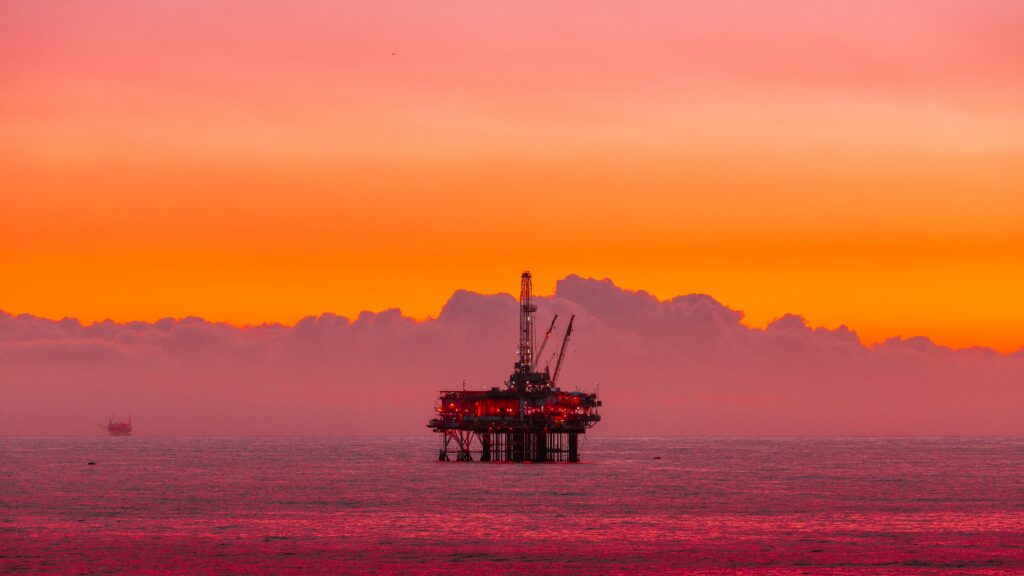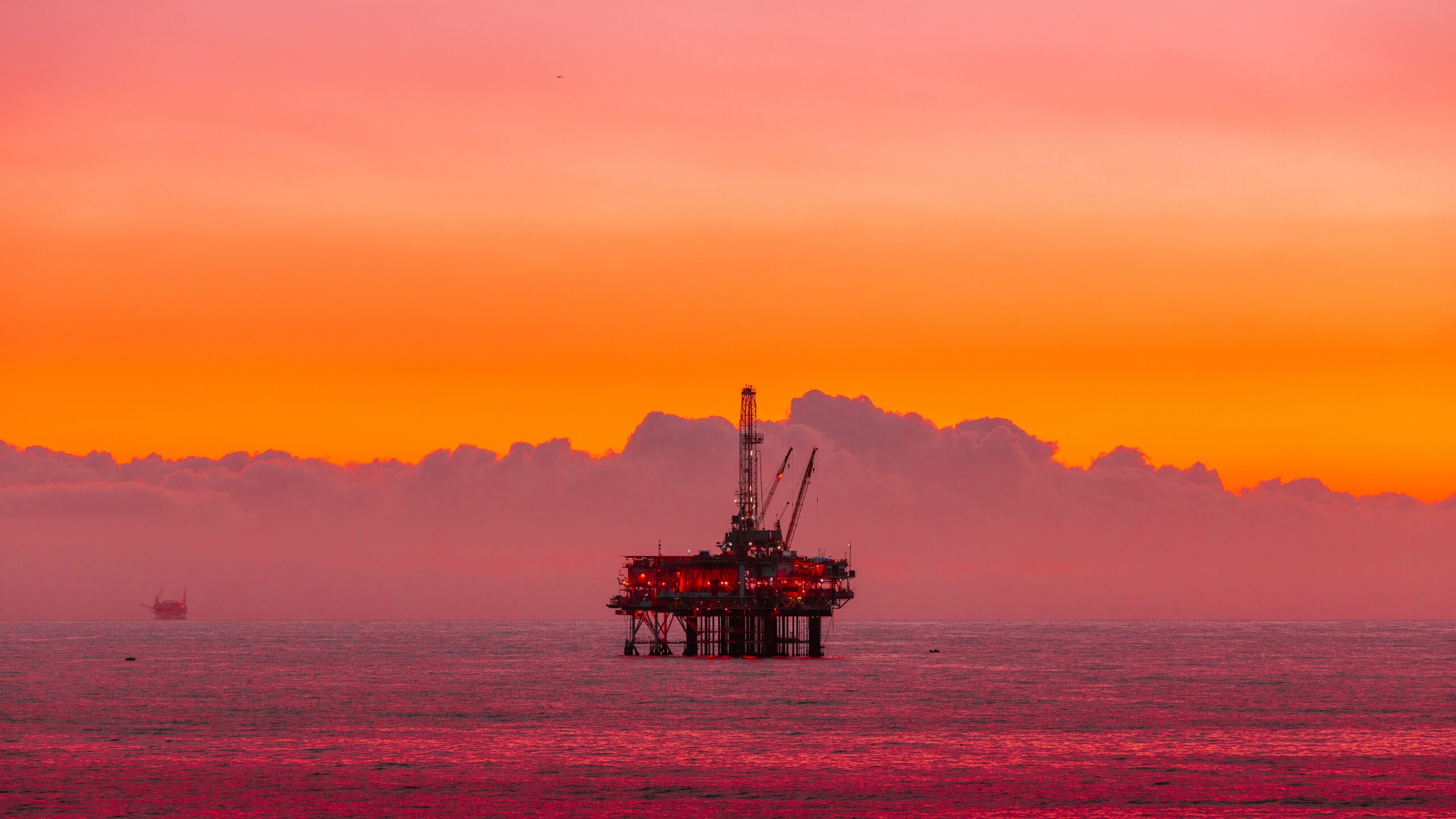An aged oil ship known as the Trinity Spirit was until early last year anchored off Nigeria’s coast, earmarked for storage and extraction of crude oil from the deep sea. In a devastating incident in February, the Trinity Spirit exploded, causing the demise of five workers on board, with two others presumed dead and three survivors. The cataclysimic event led to the loss of roughly 40,000 barrels of oil and the sinking of the Trinity Spirit.
Evidence captured by satellites confirmed the presence of oil slicks in the following days and up to a month later. Among the survivors, Patrick Aganyebi, a maintenance operator is still grappling with vision issues due to the vivid glare from the explosion. Pius Orofin, another survivor and previously serving as a deck operator, reported ongoing auditory issues from the din of the explosion. Additionally, he sustains a significant scar on his leg.
On unravelling the circumstances leading to the disaster, revealed by court papers, ship logs, and interviews with the crew, it was brought to light that the Trinity Spirit was in a deteriorating state, with year on year inspection operations and insurance systems being steadily withdrawn.
Meghan Mathieson, the strategy director at the Clear Seas Centre for Responsible Marine Shipping, a Canadian-based establishment, warned this incident wasn’t one-off. “The Trinity Spirit is not an isolated incident. It could happen, will happen again,” she said, outlining the rising trend of obsolete oil tankers being utilised for offshore storage and oil extraction operations, mostly on the brink of mechanical failure.
This group of vessels, called FPSOs (floating production storage and offloading units) or FSOs (floating storage units) when used solely for storage, have gained immense traction since the 1970s. They are most useful for developing oil in deep waters and in places where pipelines are non-existent. FPSOs have one unique feature, unlike most ships, which is their ability to stay stationary in the same oil field for years, or even decades due to their attachments to the ocean floor.
Although several Nigerian agencies were tasked with the oversight of the Trinity Spirit, there has been negligible public clarity on what led to its explosion. The ship had been stationed at the same oil field for over two decades without significant repairs or upgrades.
Yinka Agidee, a legal authority specialising in Nigeria’s oil and gas sector, described the Trinity Spirit as an “accident waiting to happen,” criticising local authorities for their failure to enforce directives.
Fingers were pointed at surviving crew members who were accused of illegally storing oil on the ship and igniting it, leading to their eventual imprisonment. However, these allegations were deflected and crew members were released after the charges were dropped. The true reason behind the Trinity Spirit explosion remains unclear.
In the last ten years, the AP reports the shutdown of at least eight oil ships due to fires, major safety threats or worker fatalities. Notably, the FSO Safer anchored in the Red Sea had been a ticking time bomb for a disastrous oil spill, as stated by the UN. The Safer, assembled in the year of Trinity Spirit’s construction, fell into disrepair while still bearing over a million barrels of oil.
As per AP, more than 30 operational ships worldwide are older than the Trinity Spirit, including the 54-year-old Al-Zaafarana off the Egyptian coast, oil vessels in Malaysia and Brazil, and Nigeria’s own FPSO Mystras, operating at 47. As a whole, the mean hull age of FPSOs has inflated from 22 to 28 years since 2010, according to Rystad Energy.
It is yet to be determined when authorities will attempt to remove the sunken Trinity Spirit and its remaining oil. Meanwhile, the three surviving crew members are awaiting their unpaid wages, left reeling in the aftermath of the disaster.






